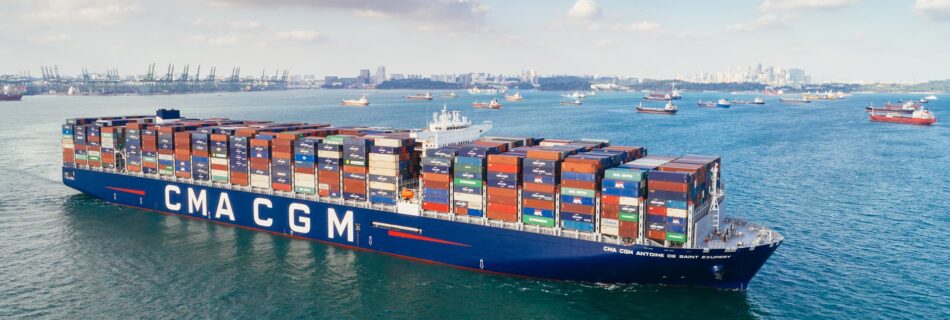A Radical Resurgence: a new Cold War emerging between the United States and China?
We’re used to hearing about the Cold War as something of pivotal importance, whether it’s in the history books, or a storyline for a 1980’s James Bond film. Much like the way with how historians like to analyse the French Revolution, the Cold War is an event with a determined beginning, and a definite end, …
Read more “A Radical Resurgence: a new Cold War emerging between the United States and China?”






